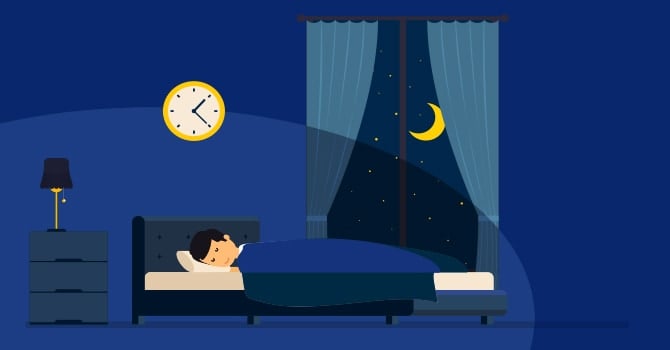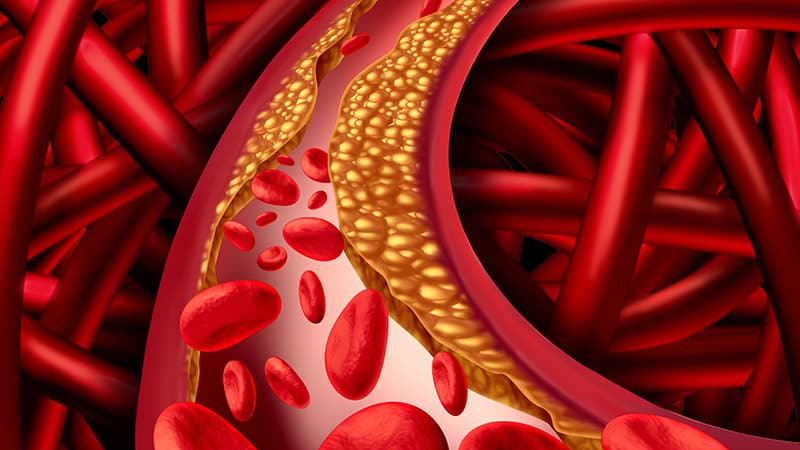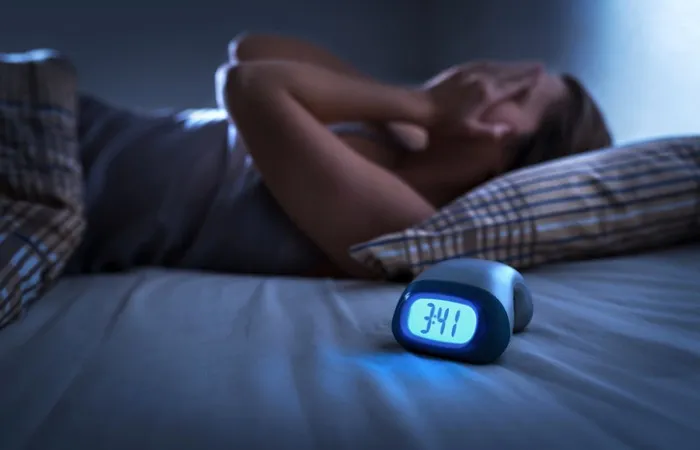Dr. Kevin Passero
Balancing cholesterol levels and improving heart heath, without drugs, is one of the most common things I do in my daily clinical practice. It is an area of health that I have been working with and researching for over a decade since I discovered that I carry genetic patterns that put me at greater risk for developing heart disease. It is also a major concern of so many of many patients who routinely get handed prescriptions for statin medications but are weary of the potential side effects.
Improving cholesterol levels and dramatically lowering risk of heart disease is something that can be done naturally and without drugs for most people.
In a previous blog (7 Signs You Are Not Getting Enough Sleep) I discussed the important role of sleep in preventing various diseases and mentioned a recent study showing that people who sleep less than 6 hours per night can almost triple their risk of developing heart disease. The tie in to lack of sleep and this staggering statistic is multifactorial, but in my recent research I came across some interesting information directly linking sleep to cholesterol levels.
What Happens When You Sleep:
When you sleep, several things happen that are very beneficial for your heart. Your blood pressure drops, stress hormones decrease, heart rate slows and breathing relaxes. This allows your heart muscle a chance to rest and repair from the work it did during waking hours.
How Sleep and Cholesterol Are Related
When it comes to cholesterol, one study of over 2,700 adults showed that those who tended to not sleep enough at night had higher levels of triglycerides and lower levels of the protective HDL cholesterol. Another study looked at almost 4,000 men and women over the age of 20 and found that sleeping less than five hours per night also lowered protective HDL and raised triglyceride levels. It is interesting to note that subjects who overslept (more than 8 hours per night) also showed unfavorable trends in cholesterol and triglyceride levels.
When it comes to raising the bad LDL cholesterol, a study from the Journal of Cardiovascular Nursing showed that individuals who slept less than six hours each night had increased levels of LDL, lower levels of HDL and overall increased risk of developing heart disease.
Why Does Poor Sleep Raise Cholesterol
The research is consistent showing that lack of sleep and even snoring can raise cholesterol levels, but why? Research has found a few reasons for this phenomenon.
One study showed that poor sleep resulted in changes in key hormones like leptin which play a critical role in regulating appetite and physical activity. A study published in the journal Sleep, demonstrated that lack of sleep resulted in an increase in appetite for foods high in fat and cholesterol, decreased desire for physical activity and elevated stress levels. On the positive side, cholesterol levels improved with each additional hour of sleep!
Additional research from the journal Frontiers in Genetics showed that lack of sleep drives up cholesterol due to its impact on liver function. When you are sleeping, your liver turns cholesterol into bile acids. These bile acids are released during meals to aid in digestion and are carried out of the body via stool. The conversion of cholesterol into bile acids is an important way the body rids itself of extra cholesterol. The study showed that poor sleep shut down the enzyme in the liver that converts the cholesterol into bile acids, preventing the cholesterol from being able to leave the body as bile.
The Take Home Message:
There are many factors that influence your cholesterol and overall heart disease risk. Sleep, more specifically, lack thereof is consistently a major risk factor for heart disease risk. If you are not setting aside at least seven hours per night for sleep, it is critical you adjust your schedule to either go to bed earlier or wake up later. If you allot enough time for sleep, but you have trouble falling asleep or staying asleep, consider using some of the proven natural therapies that enhance sleep. Magnesium, ashwagandha, PharmGABA, melatonin and Passionflower have all been shown to help people fall asleep faster, decrease nighttime waking and increase time spent in restorative sleep.








4 Comments
Thank you, Dr. Passero. Could you refresh my memory on the best type of magnesium and dosage?
I appreciate it!
Lee Ann
Hi Lee Ann. Thank you for your question. My favorite form of magnesium is magnesium glycinate. It is very well absorbed so it helps to deliver magnesium to the cells and is also very gentle on the digestive system. Mag glycinate also has a unique ability to support a calm state of mind and supports restful sleep due to the activity of the glycine molecule. This makes it different than other forms of magnesium like magnesium citrate or magnesium oxide. Dosing is typically from 300-450mg/day. I hope that helps!
Thank you for this information. I was not aware that too much sleep can also cause adverse affects on cholesterol levels. Can you give more details on this? If 7 is the minimum, what is the maximum? I generally sleep 8 to 9 hours each night.
Hi Michele. Thank you for your question. There were not a lot of details in the study about why oversleeping might have a negative impact on cholesterol levels. However, my guess is that people who sleep more than 8-9 hours per night might have some other metabolic issues going on that has an impact on the body’s ability to break down and process cholesterol. Thyroid disorders, hormone imbalances and depression are all things that can cause a person to sleep more but also can have a negative impact on metabolism.
Typically 7-9 hours of sleep per night is recommended. Some people have shorter sleep cycles so they only need 7 hours per night, while others might have longer sleep cycles that require 9 hours to complete a good, restful nights sleep. If someone consistently needs more than 9 hours per night, I might suspect there is another imbalance going on that is impacting their metabolism.
I hope that is insightful for you and thanks for your comment!